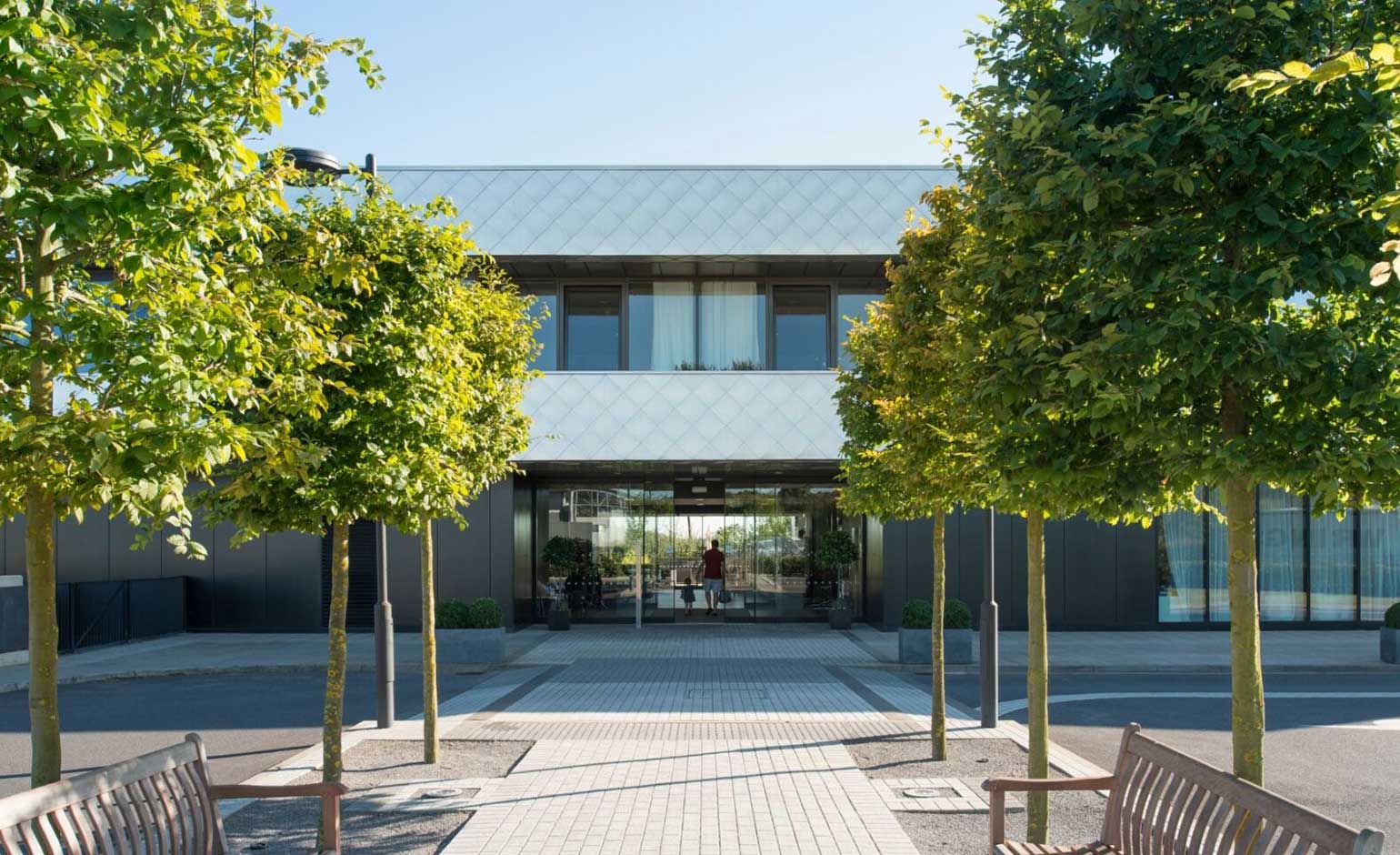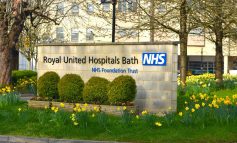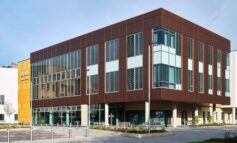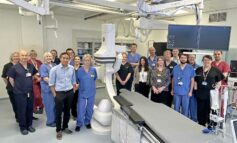Plans have been approved for a new orthopaedic centre at Sulis Hospital Bath which will cut waiting times for patients in the city and wider region.

The Sulis Hospital | Photo © Sulis / RUH
The hospital is at the Bath Business Park at Peasedown St John and was opened in 2010 by Circle Health. It was bought by the NHS in 2021.
The Royal United Hospital in Bath is unable to increase its capacity to manage elective surgical patients at its main Combe Park site and planning permission for a temporary theatre at the Sulis Hospital Bath is due to expire in 2025.
Bath & North East Somerset Council granted permission for the modular theatre in November 2022 to address winter pressures and the backlog caused by the pandemic. But it was only for three years until a permanent solution of accommodating additional theatres could be delivered.
The new Sulis Elective Orthopaedic Centre for the Royal United Hospitals Bath NHS Foundation Trust will be built to the east of the existing hospital at Foxcote Avenue on land currently used for parking.
The extension of surgical facilities also includes refurbishment works to the existing hospital’s top floor.
The new facilities will include two operating theatres, anaesthetic and prep rooms and patient recovery facilities, as well as staff facilities, a relocated kitchen and a discharge lounge.
B&NES Council highways officers initially had “significant concerns” relating to the potential impact of the new centre on the surrounding road network.
As a result, the travel plan and car park management plan were sent back for revision.
The existing parking consists of a car park plus a gravel area without formal spaces marked out. This gravel area is where the extension will be built, with all 69 spaces removed and eventually replaced with 58 new ones, an increase on the 43 spaces proposed initially.
The site will have a total of 197 car parking spaces with parking for bicycles and motorcycles. Overall, there will be nine Blue Badge parking spaces provided.
The travel plan assesses the level of change required to ensure that parking does not exceed the future capacity of the site. It identifies target staff groups that could also potentially transfer to an alternative mode, including walking and cycling for those who live locally. Car sharing will also be promoted.
No parking tariffs are proposed, but the trust will introduce a permit system for staff which may include restrictions to manage demand.
The lack of public transport to the site is noted in the travel plan drawn up on behalf of the trust: “The availability of a bus stop outside of the site shows that the site has the opportunity to be served by public transport even if currently it appears that no services operate to the Bath Business Park.”
The closest bus services are the 171, 172 and 174 which operate from the centre of Peasedown St John, a kilometre away, giving access to Bath, Midsomer, Shepton Mallet and Wells.
Meanwhile, cycle route provision around the site is also said to be “quite limited” and negotiating the A367 roundabout is for “confident cyclists”.
During construction work on the new hospital, which is expected to take more than 11 months, temporary off-site car parking will be made available to offset the loss of parking. In addition, the travel plan will be implemented.
The trust has agreed to contribute £10,000 towards any Traffic Regulation Orders needed to ensure that car parking could be better controlled, and a contribution of £4,775 to cover travel plan monitoring and review by the council to check that it is effective.
The extension scheme also includes landscaping.



